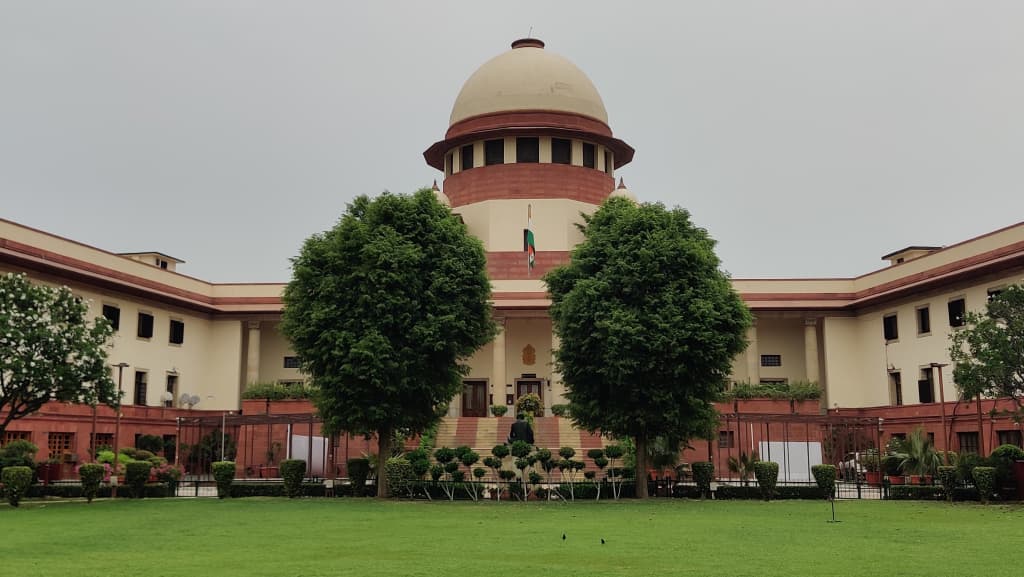
India’s Supreme Court to Examine Right to Lawyer During Police Interrogation
PIL seeks constitutional guarantee for legal counsel in custodial and pre-custodial questioning to prevent self-incrimination and coercion.
The Supreme Court issued notice to the Union government in response to a Public Interest Litigation (PIL) seeking a constitutional right to legal representation during police interrogations (Shaffi Mather vs. Union of India & Ors.).
A Bench comprising Chief Justice of India BR Gavai and Justice K. Vinod Chandran asked the Centre to respond to the plea, which advocates for the presence of a lawyer not only during custodial interrogation but also at the pre-custodial stage.
Senior Advocate Menaka Guruswamy, representing the petitioner, argued that barring lawyers during questioning fosters coercion and violates the constitutional protection against self-incrimination.
Guruswamy clarified that the petition is not seeking special privileges but the enforcement of existing constitutional safeguards. She said, “If an accused or even a witness is called for custodial investigation, there is no provision to bring a lawyer. We are merely seeking counsel’s presence to prevent self-incrimination — an implementation of the constitutional provision.”
The petitioners, practising lawyers, submitted reports documenting instances of compelled testimony, including findings by the National Human Rights Commission (NHRC), highlighting that coercion and torture have been reported in investigations.
Challenging the current discretionary framework, the PIL contends that partial access to legal counsel undermines Articles 20(3) (right against self-incrimination), 21 (right to life and liberty), and 22(1) (right to consult and be defended by a lawyer) of the Constitution.
While Sections 41D of the Code of Criminal Procedure, 1973, and Section 38 of the Bharatiya Nagarik Suraksha Sanhita, 2023, allow an accused to “meet” a lawyer during questioning, in practice, lawyers are often present only visually, not audibly, reducing their role to a symbolic one.
The plea further notes that special laws, including the Prevention of Money Laundering Act (PMLA) and the Narcotic Drugs and Psychotropic Substances (NDPS) Act, offer even fewer protections, increasing the risk of coerced statements admissible in court.
Citing Constituent Assembly debates, the petition highlights Dr BR Ambedkar’s endorsement of amendments expanding Article 22 to ensure legal defence at all stages of criminal proceedings, including investigations.
International precedents were also referenced, including the US Supreme Court’s Miranda ruling, which mandates informing suspects of their right to counsel, and the European Court of Human Rights’ Salduz v. Turkey decision, which found that denying access to counsel at initial police interviews undermines fair trial rights.
Reports from the Law Commission of India, notably the 152nd Report on Custodial Crimes, reinforce the necessity of counsel during questioning to prevent torture and abuse.
The PIL seeks a declaration recognising access to legal counsel from the start of interrogation as a non-discretionary constitutional right and requests guidelines for video-recorded questioning, statutory notices of rights, and judicial oversight for any exceptions.
For any enquiries please fill out this form, or contact info@thelawreporters.com and Follow The Law Reporters on WhatsApp Channels